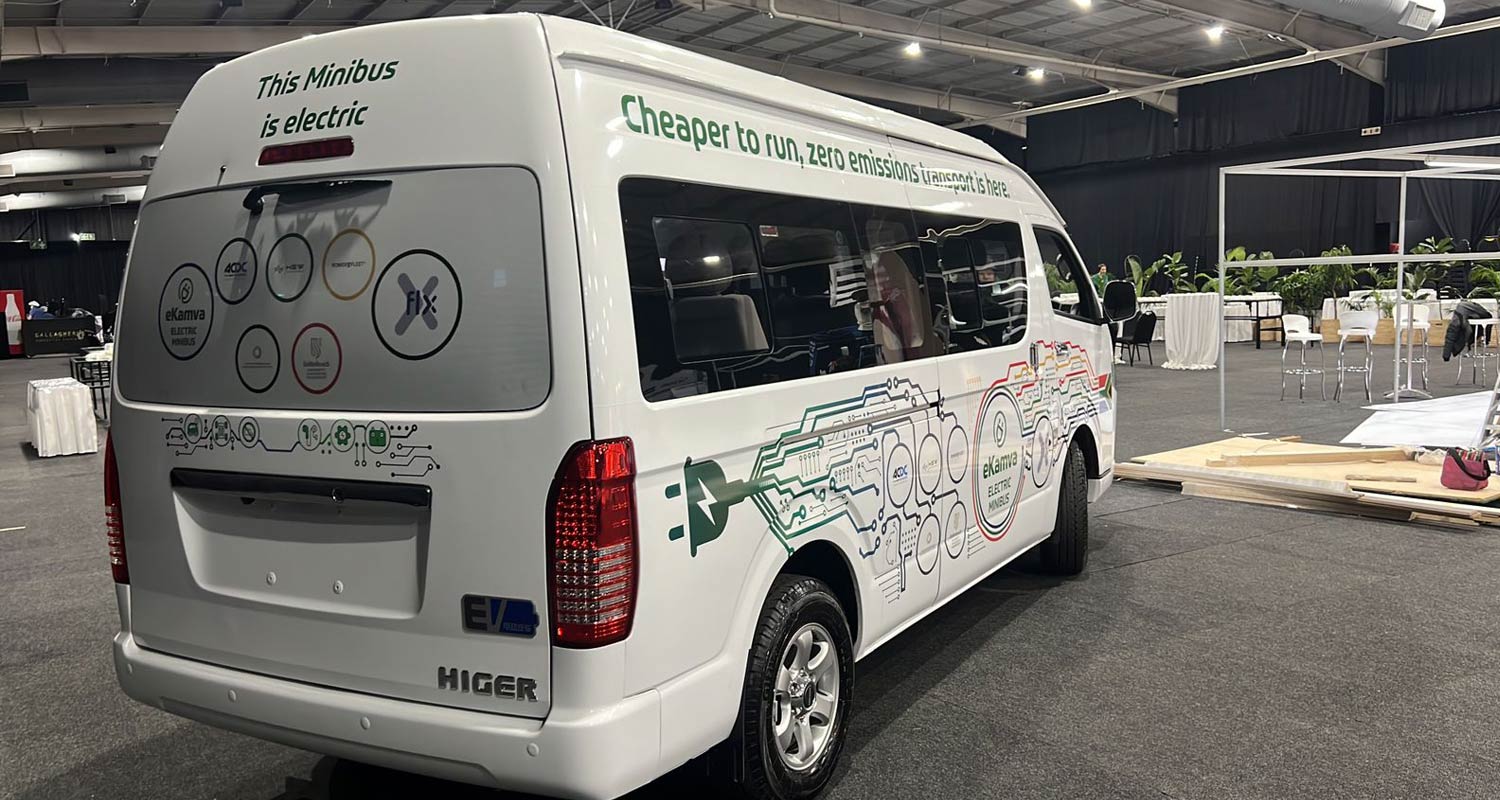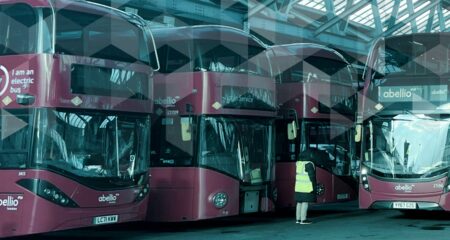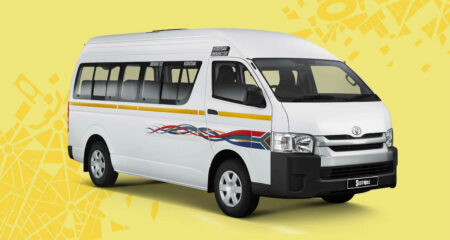 A consortium led by fleet management solutions provider GoMetro has launched South Africa’s first electric minibus taxi.
A consortium led by fleet management solutions provider GoMetro has launched South Africa’s first electric minibus taxi.
Christened the eKamva (kamva is the Xhosa word for future), the 15-seater battery-powered minibus is supported by a cluster of dedicated “taxi-rank adjacent” charging stations to support the taxi industry’s transition to electric mobility.
According to GoMetro CEO Justin Coetzee, the company has been involved with the taxi industry since 2015 and has used telemetry data on thousands of vehicles using its taxi-mapping technology, which is used in more than 20 countries.
“We’ve run simulations on a lot of taxi data and found that about 95% of all taxi operations which are local (as opposed to long-distance) trips would be able to go electric today,” Coetzee said in an interview with TechCentral ahead of Wednesday’s launch event.
“The range [of the eKamva] is 200km, but the driver does not drive 200km in the morning and park. He drives 100km in the morning, parks and drives another 100km in the afternoon, before he parks again. So, those gaps between when he is busy are perfect for charging.”
Coetzee said the DC charging hubs to support its electric taxis provide 60kW and are able to charge the eKamva to 80% capacity in an hour, with a full charge taking 75 minutes. eKamva delivers cost savings of between 40% and 70% on running costs compared traditional internal combustion engine vehicles of a similar build, he said.
Charging stations
The first charging hubs will be situated at the Century City and Stellenbosch taxi ranks in Cape Town, with development scheduled to commence in the next 12 months, said Coetzee.
The consortium led by GoMetro includes Powerfleet, HSW, ACDC Dynamics and Stellenbosch University. The eKamva has already been trialled on South Africa’s roads and Coetzee said passengers could not even tell the vehicle they were in was electric.
Another important aspect of developing the market for electric taxis is the construction of an after-market service industry to deal with servicing, repairs and spare parts. According to Coetzee, much of the cost savings promised by eKamva relate to the fact that the vehicle has only eight moving parts compared to the complexity of a traditional petrol- or diesel-powered taxi.
TCS | The Volvo EX30 electric car, reviewed by an owner
“There are no oil filters and air filters, spark plugs or oil to change, so it is much easier to maintain. There are also fewer points of [possible] failure. Everything stays in warranty and we partner with the existing service providers servicing the minibus taxi industry today. The parts and service markets are already there, so all we have to do is train them on the new technology, new units and new approaches,” Coetzee said.

To make the eKamva more affordable, GoMetro sells the vehicle on a split “chassis-only” basis, with the batteries then leased on a subscription model, which includes a predetermined amount of charging capacity every month. Vehicles that need additional charging capacity are free to purchase it on an ad hoc basis.
Although the reduction of carbon emissions in South Africa’s public transport sector is core to GoMetro’s objectives, another important aspect of the company’s vision is to help build South Africa’s EV industry. Coetzee said, however, that there are regulatory challenges making this more difficult.
He said the import duties on an electric taxi come to 40% because South African policymakers views these vehicles as luxury items. Reducing or even eliminating these taxes would have a knock-on effect on the price of electric taxis, making it easier and more attractive for the taxi industry to convert away from polluting vehicles.
Over time, domestic demand would reach a tipping point, making the establishment of local manufacturing facilities more feasible – these in time would also grow to feed export markets as the rest of Africa electrifies its fleets.
But Coetzee warned that regulators must be flexible and adopt tax mechanisms appropriate to the local industry’s level of maturity, suggesting that the duty-free import of electric taxis may be necessary to develop the industry but that a more protectionist regime may be required once local manufacturing is established.
GoMetro said a website will soon be set up for taxi owners to sign up to be on the waiting list for the eKamva solution. Additionally, it is working on offering supplementary technologies not typically used in the taxi industry.
“We are working hard on what technologies we can put into the taxi. We are working on 5G Wi-Fi as well as lidar, radar and AI image processing for driver behaviour, following distances, etc, so a camera would observe if the driver was falling asleep or distracted on his phone so that owners can receive driver scores,” said Coetzee. – © 2024 NewsCentral Media




